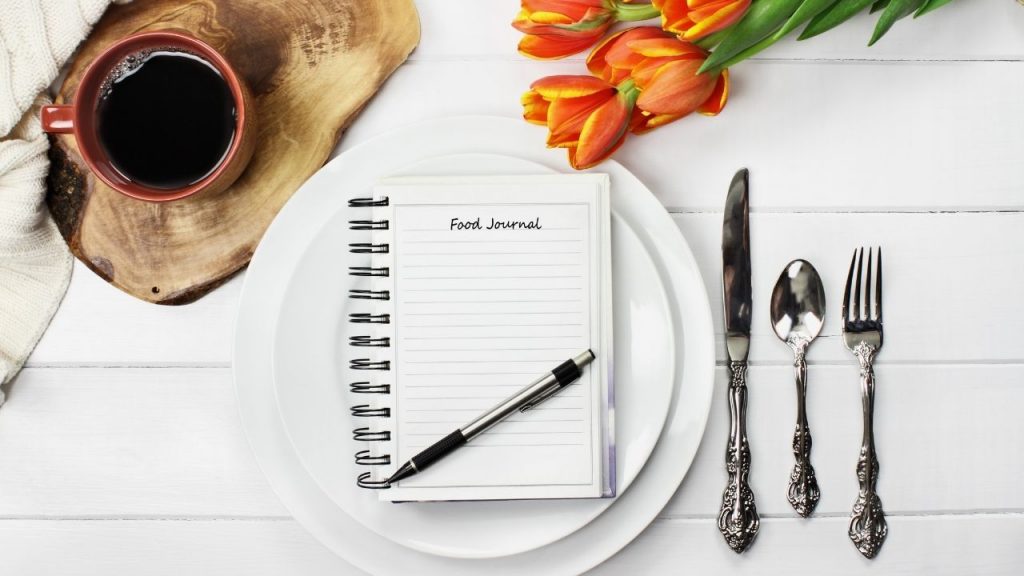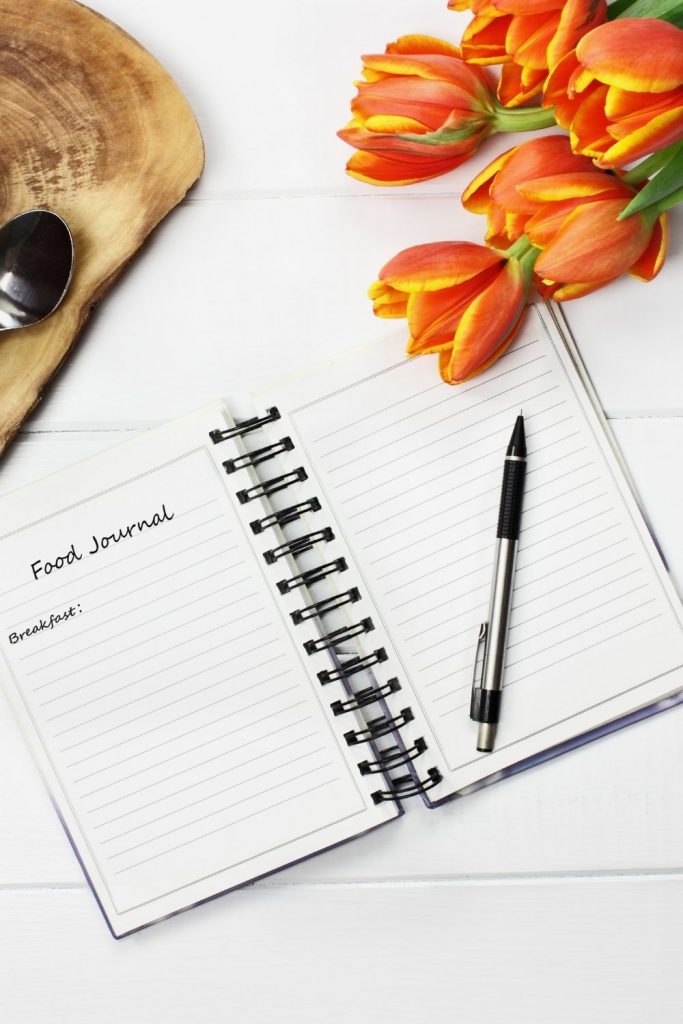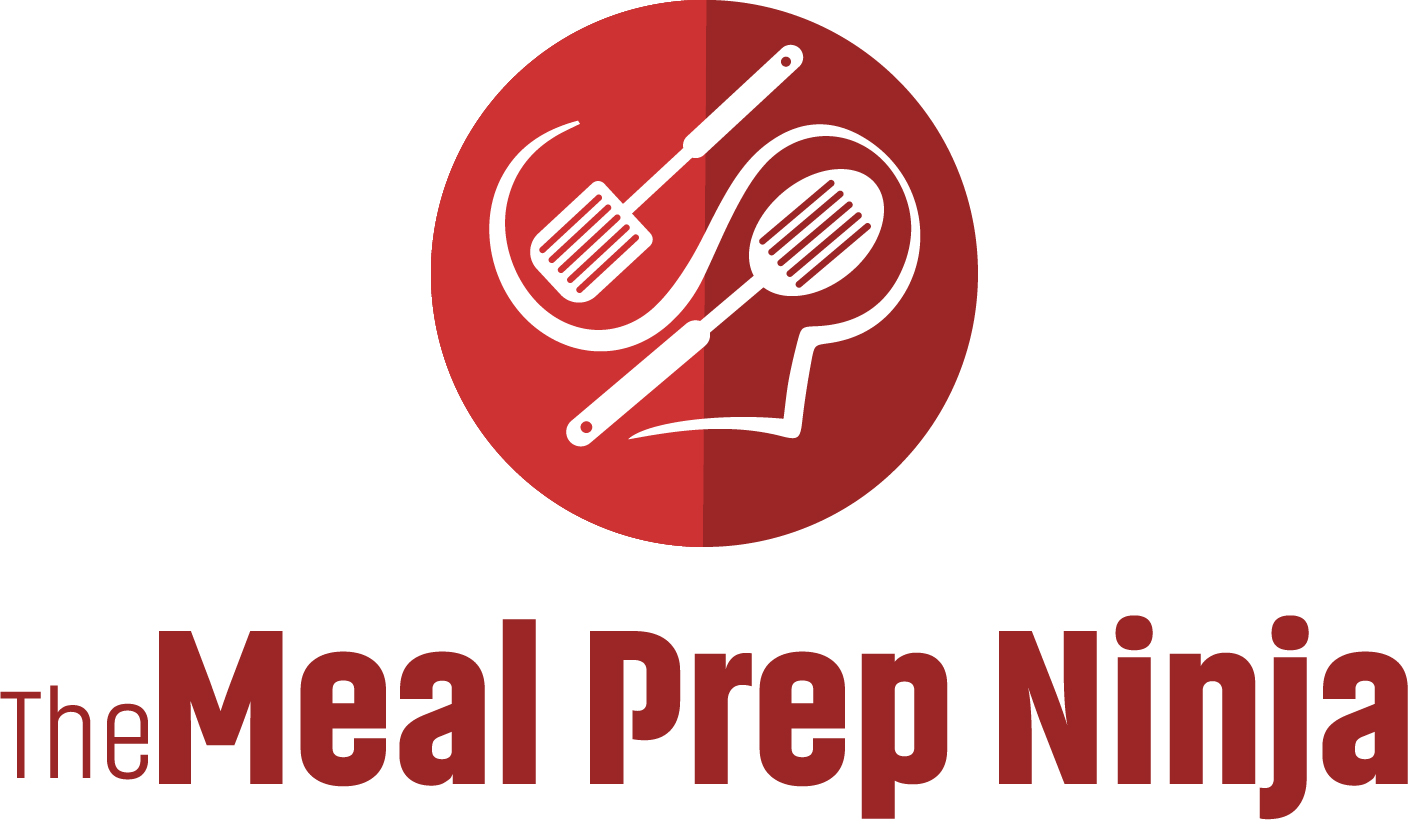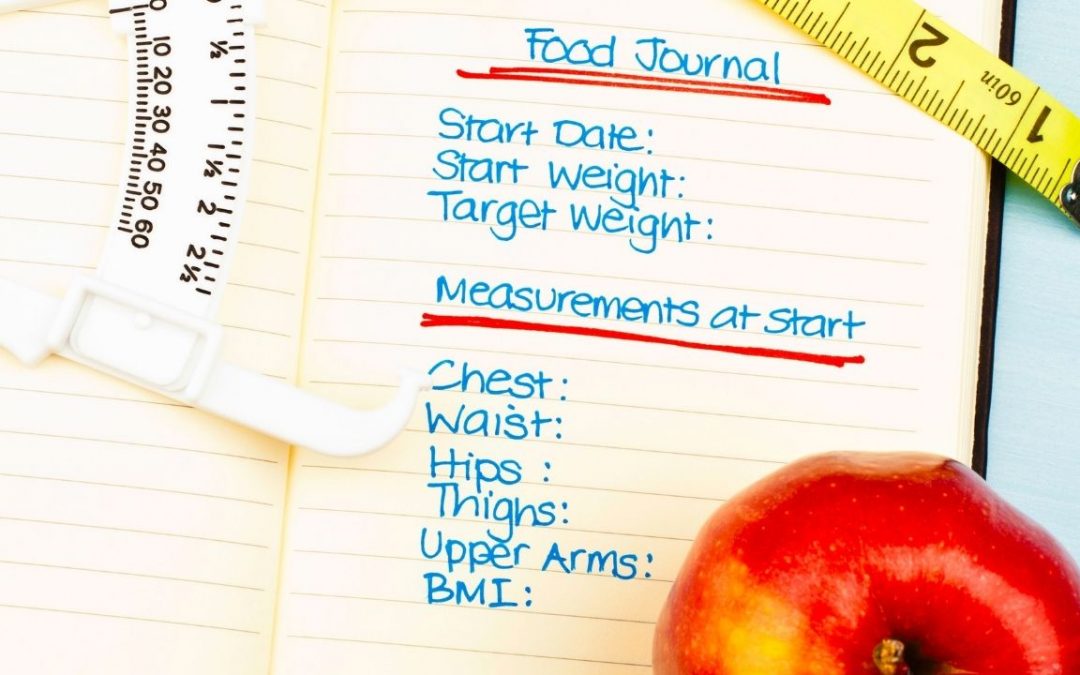Last Updated on January 25, 2021 by TheMealPrepNinja
Best Weight loss Journals to Track Your Progress
If you consistently struggle to stay on track when it comes to your weight loss, then this list of weight loss journals will help you find the best weight loss journal for you. If you have decided to take your weight loss journey seriously then you are going to need to track your progress. Food journals are a great way to track your calories and macros.
If you need help determining how to many calories you need to eat to be in a deficit, then check out our macro calorie calculator.
Food Journals
Well, journaling your weight loss isn’t a new phenomenon. I just wished I figured it out earlier. As I found out, keeping a journal makes you understand yourself more in terms of what you eat, how you exercise, and why you exercise. In fact, research indicates that journaling your weight not only aids you in losing weight but further aids you in weight maintenance once you’ve hit your mark.
You might be asking what’s the best weight loss food journal out there. We’ve taken the liberty to scrutinize and review some weight loss food journals and hand over the best there is. Let’s dive in. If you are in a hurry, our top recommendation is the Clever Fox daily food journal meal planner, but read on to check out other favorites.
What is the Best Weight Loss Journal?

The Clever Fox food journal is all about goal setting, setting up your meals upfront, and tracking your caloric intake. Best of all, you’ll eat healthy, boost your moods, and feel great. Whether you aim at losing weight or gaining muscles, this is the go-to- planner. Developed by nutritional and fitness experts, this journal is at the forefront since it uses psychological techniques to help you start and stick to your regimen and be accountable for your results.
Compared to other journals that are cheap and come with few pages, the Clever Fox food journal comes armed with more than six months of paged tracking- quite enough time to record your changes and see real results. Not only does it come with a 129gsm quality paper. It also comes with a pen holder, three bookmarks, and a closure band. It’s great and quality aesthetics will make you want to use it even more.
Best Fitness and Nutritional Food Journal

Though it doesn’t have refillable pages, it comes with 175 blank days to fill in. It has plenty of writing space which allows you to jot down nutritional information, your workout regimes such as exercising sets/reps, and any other important information. It’s durability and high-quality paper ensures it lasts long. Whether it’s weight loss or you just want to create awareness in your food intake, harness the power in your workout with this food journal. For those suffering from depression, the book is a must keep since it asks you how the previous workout session was. It takes into account one’s moods since it plays an important role in shaping the outcome of your desired objectives.
It practically comes with a grocery list for the 20-week double pack fitness and nutritional guide. On the nutritional guide though, the calories aren’t quite accurate. It tends to give one a ballpark figure of where they lie rather than checking every single calorie on the food label on the items bought. The fitness pack further comes with a great workout focussing on different muscle groups.
Best on a Budget Weight Loss Food Journal

This journal comes loaded with 120 pages, each day taking up two pages. It means that you’d only have two months of active workout to record your changes. The only downside is that you’ll have to order six or more journals if you want to record changes for more than a year. It has a goal section and its size is perfect for on-the-go. It comes with a translucent cover and space large enough to enter up to five meals and track one’s water consumption. You can also tally your daily macros. The first page comes with the date, day, and the type of weather just in case it makes a difference in what you’re consuming.
Best Weight Loss Food Journals For Beginners

In case you’re new to the weight loss game, this journal’s got your back. It’s perfectly laid out making you look forward to eating healthy and working out daily. It has a space for lunch, dinner, breakfast, snacks, and a small space to put down your exercises. It’s not that fancy but gets the job done. Its reviews indicate that it’s one of the best journal starters due to its simplicity, not to mention its sturdiness and durability.
It’s easy to track your weight and achieve other challenges over a four-month, day to day period. It keeps you motivated on a daily as you tick off your previous day. At the end of each month, there’s a monthly review to check up on progress and to tweak or focus on areas that are lacking for the next workout regimen.
In addition to tracking your foods, it’s also essential to track your moods such as boredom, stress, and anger. Monitoring your moods help in pinpointing problematic areas in your day, which in most cases act as triggers to overeating. Once you pinpoint the problem, finding solutions that don’t involve opening up a box of chocolate or a jar of cookies becomes easier. Triggers differ with individuals. They are specific situations, foods, or feelings that lead one to overeat. They vary from simple things such as being alone or bored to more complicated scenarios such as stress.
For those who’ve tried weight loss before and were unsuccessful, the major factor that most likely prevented your success was the lack of pinpointing or controlling your triggers. That’s where your journal comes in handy. Indicate what you eat and how you feel at any time of day.
For Instance..
It’s not bad to eat popcorns. However, situational triggers such as the movies can work against your goals since people tend to eat more. By pinpointing such triggers, you could plan on eating a healthier snack just before the movies or get the smallest portion-sized popcorn (with no butter of course)
Next time, before mercilessly digging into that pile of popcorn, ask yourself whether it’s worth craving for junk food for an hour or craving for the body you’ve desired for a lifetime.
Importance of Food Journals For Weight Loss and Meal Planning
Accountability
Whether you just want to eat healthily or lose weight, having a food journal is paramount and will go a long way in helping you achieve your goals. In a weight loss program, putting down every carb, a sip of soda or a snack will create accountability in your feeding routine. Once you’ve figured out your eating habits, you can always make improvements by tweaking what works and doesn’t work out for you.
Portion Control
We are always bombarded with enormous portions of food at each and every corner. Restaurants and take-outs always fill us up with extra portions that our bodies don’t need. Gas stations are notorious for their jumbo-sized soda cups and the pastry tins are forever increasing in size. A food journal, therefore, comes in handy in regulating once portions creating accountability in the size of one’s meal. Before starting out on your food journal, research the proper portion sizes, and base your meal on that.
Better Nutrition
Having a food journal not only tracks food intolerance and caloric intake but also shows which food groups aren’t being consumed enough. If your journal is filled with a diet consisting mainly of carbs and proteins, it means you’re not getting enough vitamins from your veggies and fruits. Your journal helps in balancing out your macros.
Trigger Identification
Jotting down the location, time of day, and moods can be quite beneficial in detecting triggers that lead to unhealthy eating habits. Maybe you are accustomed to grabbing a candy or chocolate bar every time you approach your work or stressful environment. Jotting down such occurrences does help in identifying habits that make you indulge in unhealthy food decisions and how to deal with them in relation to your weight loss.
A food journal is also essential when it comes to meal planning. Figuring out how different foods affect your mood at which time of day goes a long way in planning your meals. Knowing what to eat at different times and days helps one to plan early minimizing food wastage.
Since there are a plethora of food journals out there, how do you know that you’ve picked the right one?

What to Look For When Buying a Food Journal and Planner
Shopping for a food journal may sound easy. Nonetheless, there are certain factors you need to keep in mind to ensure you reap maximum benefits from it. Such factor include;
Emotional/Mood Trackers- Does your journal come with a mood tracker column? If your goal is to lose weight, you must track your moods since it goes a long way in determining the outcome of your goal.
Keeping it short– Your journal isn’t a thesis or dissertation. Keep it short by jotting down a few words here and there. Look for a journal that keeps it simple for easier follow up.
Look for food journals and plans that also track your beverages. Hydration plays an essential part in our bodies and it further counts towards weight loss goals.
Time/ Duration– How long do you project your weight loss goal to last? We are not cut out the same since we have varying goals that may have different timings. Different journals come stacked with different numbers of pages that may range from four months to a year.
Aesthetics- your journal’s appearance plays a critical role in boosting your moods in achieving your goals, though, for some, this may not be the case. Your journal’s aesthetics further contribute to your journal’s life. You don’t want some pages missing out months down the line. You’ll most likely circle back to it for reference.
Portability-Since you’ll be recording what you eat on a daily, you’re better off getting a portable journal. Go for what fits in your purse, pocket, or backpack.
Once you’ve got a hold of your journal, the most important step follows.
How do You Stay on Track With Your Food Journal?
Below are just some of the few rules you’ll have to adhere to to stay on track. You’ll need to log in several pieces of information daily. Such information includes;
The Amounts- What quantities of food and beverage do you drink? You could do this either in ounces, the number of items( e.g. 12 pieces, sticks, etc), or volume (½ a cup, 2cups, etc).
Type of Food- Be specific about the type of food you eat. You have to ensure that you capture every single detail such as sauces and toppings.
You’ll further need to capture your moods, location, activity, and who you’re eating with, if not alone.
Don’t rely on your memory. Once you eat or drink something, put it down as you go.
Specificity is key. Record your food exactly how you eat it. Remember, eating fried chicken strips isn’t the same as eating chicken.
Most importantly, Honesty should be exercised. Your journal won’t amount to anything if it’s riddled with false information. Your doctor can review your journal to help you come up with a plan for healthier living, but this is only effective if based on truthful information.
As we wrap it up, you need to understand that a food journal isn’t a one size fits all solution. Different people have different goals, appeals, and needs. We’ve tried to highlight some of the best journals out there aimed at giving you the best. Above all, remember that it all begins with you and how honest you are. Our hope is, you won’t have to suck it in.
Final Thoughts – Best Weight Loss Journal
As you can see tracking your food is vital to the success of your weight loss journey. We hope this list of the best weight loss food journals helped you decide which journal is best for you. We know there are a lot of things to consider when looking at the food journals. Each of the weight loss journals on this list is fantastic options, but the best overall is the Clever Fox Food Journal.
Other Helpful Resources
Flexible Dieting – The Ultimate Beginners Guide

Jim Lopez, the founder and editor of The Meal Prep Ninja, shares his journey from a passionate bodybuilder and fitness enthusiast to a certified nutrition coach. Certified by Precision Nutrition, Jim aims to empower others with knowledge on meal prep and nutrition, offering resources for busy individuals to enjoy low-calorie, tasty foods. His blog is a community for sharing healthy eating habits and meal prep recipes



